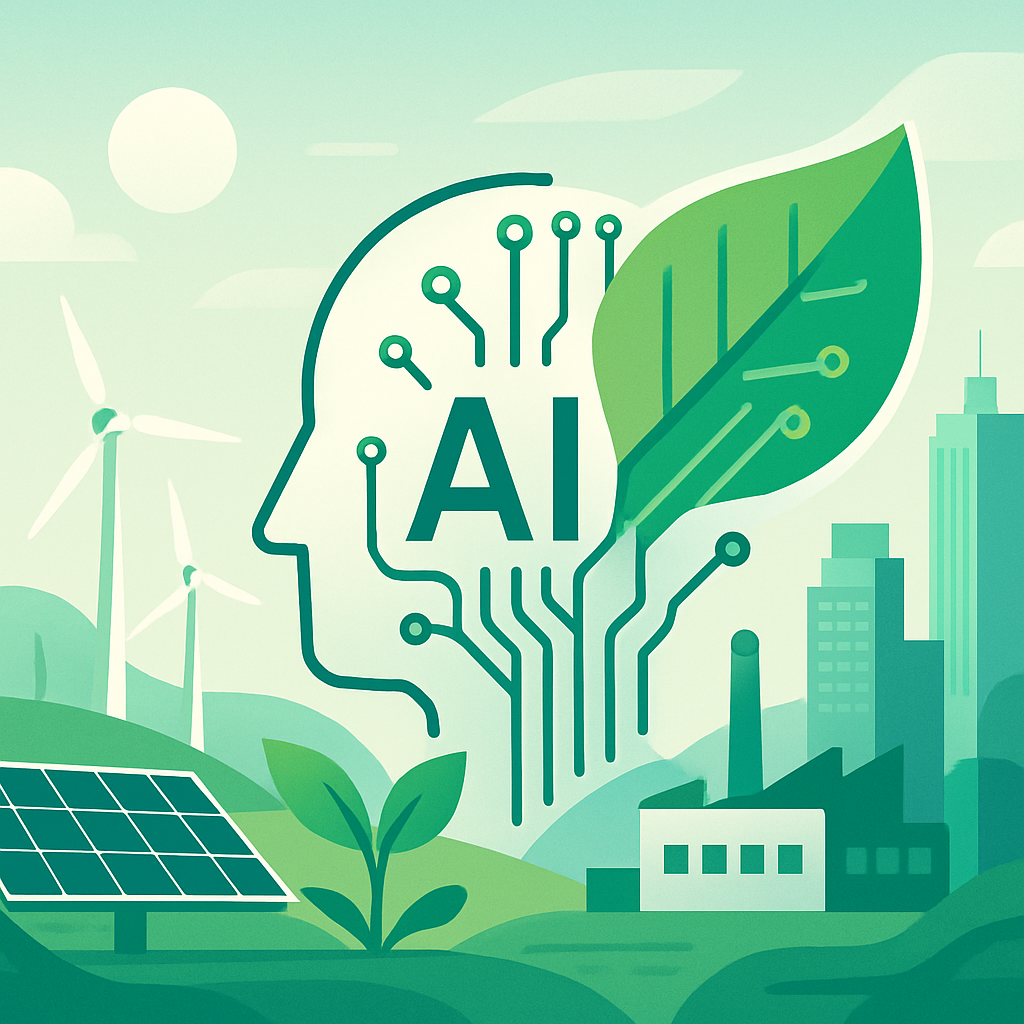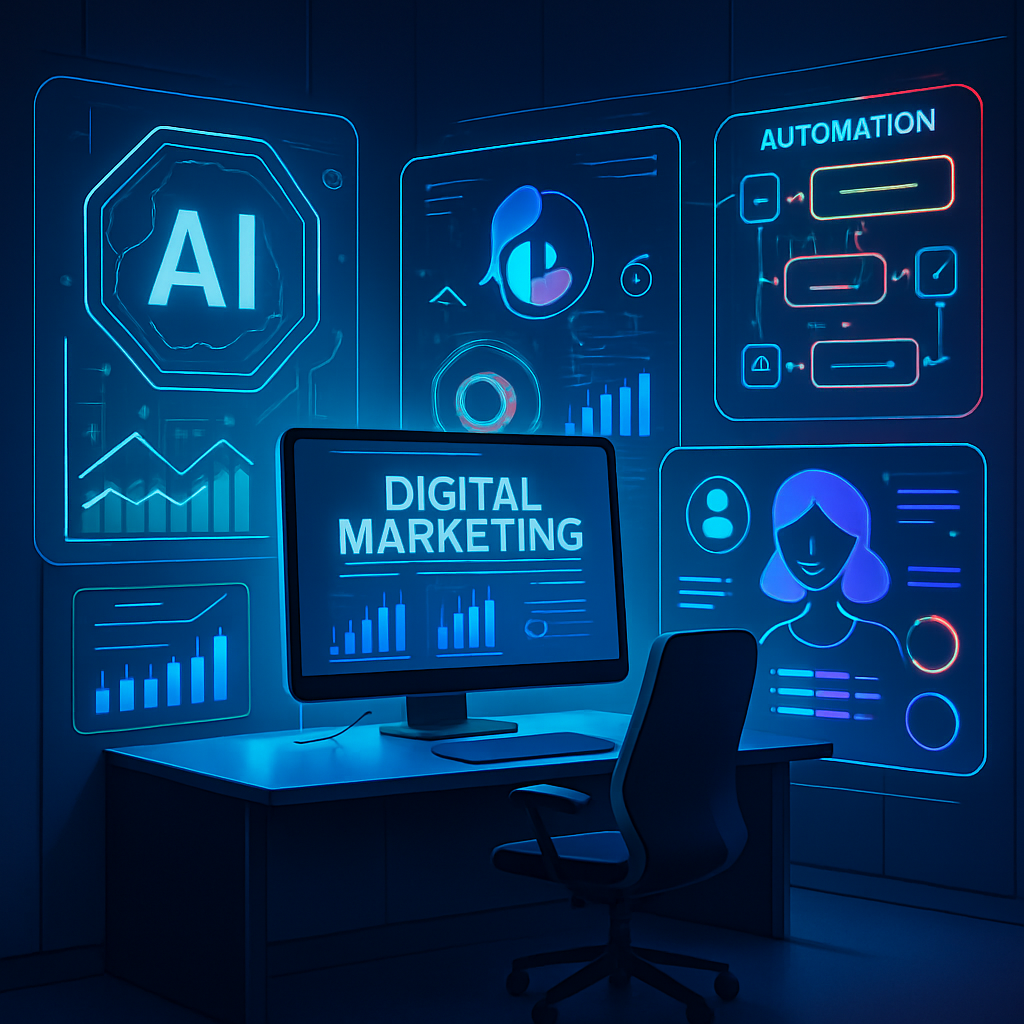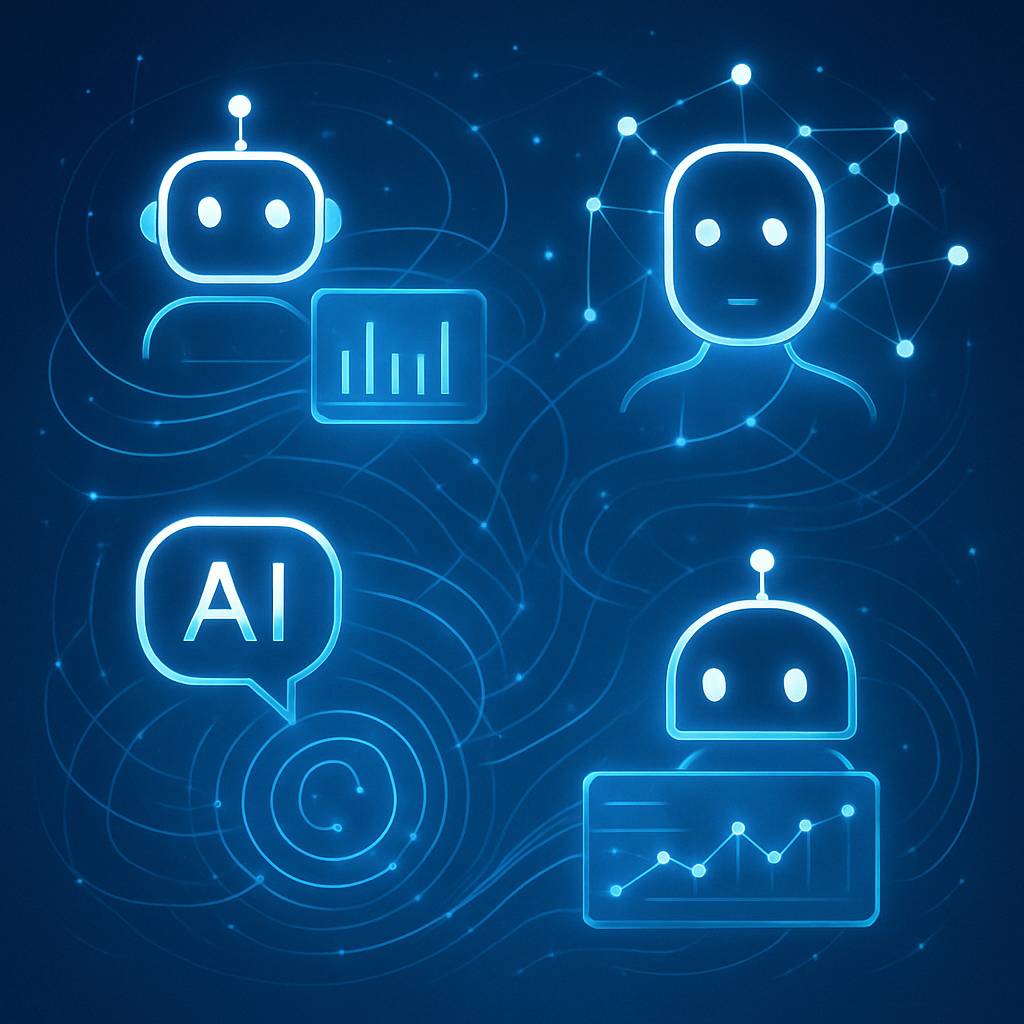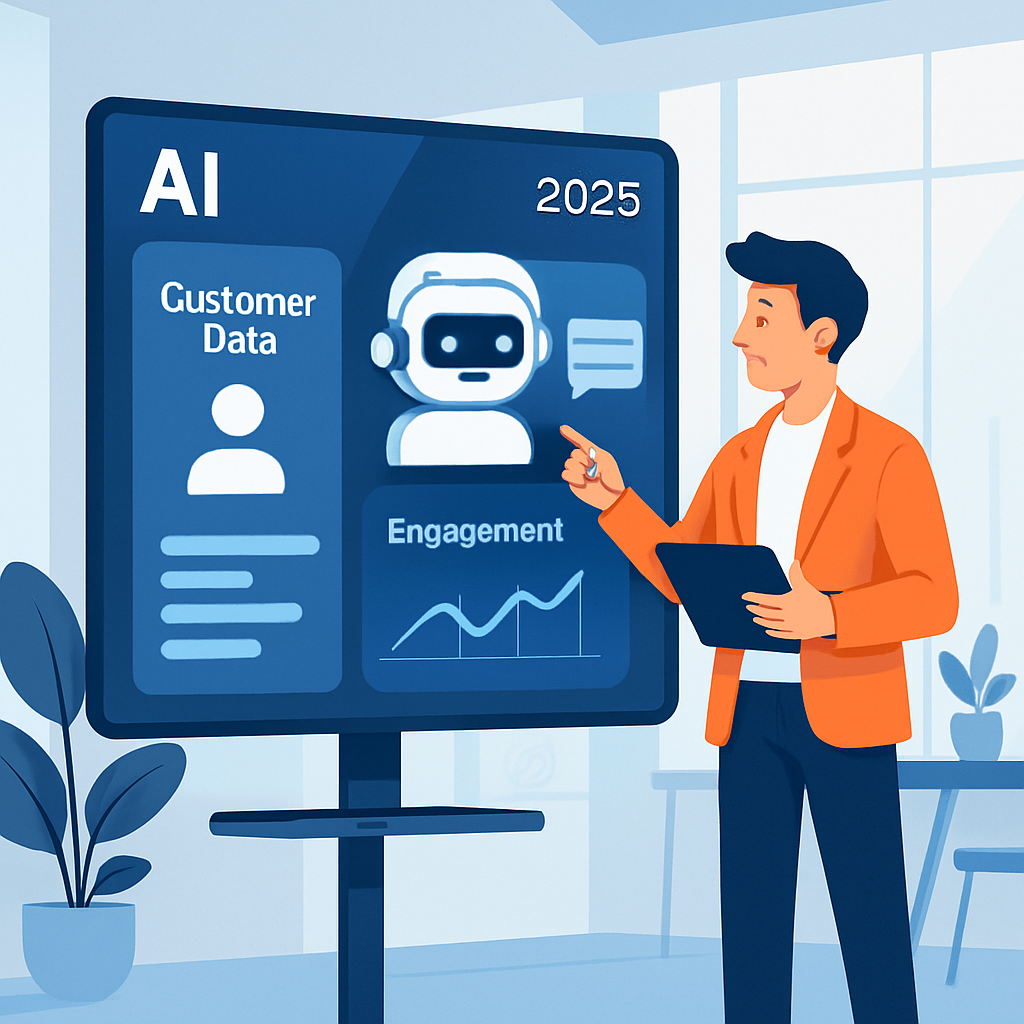
How AI is Driving Sustainable Innovation Across Industries
Introduction: The Intersection of AI and Sustainability
As of 2025, artificial intelligence (AI) has evolved far beyond digital automation and data analytics, becoming a critical driver of sustainable innovation across various industries. The convergence of AI and sustainability marks a pivotal shift in how businesses are addressing environmental challenges while enhancing operational resilience and efficiency.
From reducing carbon footprints to optimizing resource allocation, AI is empowering industries to innovate sustainably while maintaining competitive advantages. This article explores how AI shapes the future of sustainable innovation, highlighting diverse applications, transformative examples, and emerging trends that signal a greener industrial revolution.
AI Empowering Sustainable Innovation: Key Areas of Impact
1. Energy Sector: Smart Grids and Renewable Integration
AI-powered smart grids are revolutionizing energy production and distribution. By analyzing vast datasets of consumption patterns, weather forecasts, and supply fluctuations, AI algorithms optimize renewable energy integration, reducing reliance on fossil fuels.
For example, advanced machine learning models predict solar and wind output variability, enabling real-time grid adjustments that maximize clean energy usage and minimize waste. In 2025, utilities use AI-enabled demand response systems that incentivize users to shift energy consumption, balancing load and reducing peak demand emissions.
2. Agriculture: Precision Farming for Resource Efficiency
AI-driven precision agriculture enables sustainable food production by tailoring interventions to specific crop needs. Using drone imagery, soil sensors, and AI analytics, farmers apply water, fertilizers, and pesticides only where needed, significantly reducing environmental impact.
An innovative startup in 2025 employs AI to analyze multi-spectral satellite data combined with local weather models, optimizing irrigation schedules to conserve water in drought-prone regions. Such smart farming techniques increase yield, lower chemical use, and promote biodiversity preservation.
3. Manufacturing: Circular Economy and Waste Reduction
In manufacturing, AI accelerates the adoption of circular economy principles by optimizing material flows and reducing waste. Intelligent systems forecast demand, adjust production processes, and guide recycling efforts, minimizing resource extraction and environmental degradation.
Leading manufacturers harness AI-driven defect detection and predictive maintenance, extending equipment lifespan and avoiding unsustainable resource consumption. In 2025, AI platforms facilitate product lifecycle analysis, identifying eco-friendly design alternatives and enabling closed-loop supply chains.
4. Transportation and Logistics: Emissions Optimization
The transportation industry leverages AI for route optimization, fleet electrification management, and emission tracking. Autonomous vehicles and AI-powered traffic management reduce congestion, lowering overall carbon emissions.
An emerging example is a global logistics firm using AI to dynamically reroute shipments in response to traffic patterns and weather data, cutting fuel consumption by 15% annually. Additionally, AI helps integrate electric vehicle charging schedules efficiently, supporting cleaner fleet operations.
5. Urban Planning: Creating Sustainable Smart Cities
AI contributes to sustainable urban development by enhancing infrastructure planning and resource management. Smart city initiatives use AI to optimize energy consumption in buildings, manage waste, and improve public transportation efficiency.
In 2025, AI-powered platforms simulate urban growth scenarios, guiding policymakers toward greener zoning, increased green spaces, and smart water distribution systems. These innovations lower cities' ecological footprints and improve inhabitants’ quality of life.
Innovative Case Studies Demonstrating AI and Innovation in Sustainability
Case Study 1: AI-Driven Carbon Capture Optimization
A tech consortium has developed an AI system that autonomously adjusts carbon capture processes in real-time across industrial plants. By analyzing emissions data and operating conditions, the ai improves capture efficiency by 20%, reducing greenhouse gases without increasing costs.
Case Study 2: AI-Powered Sustainable Packaging Design
An AI platform analyzes materials' environmental attributes and customer usage behaviors to design biodegradable packaging that balances durability, cost, and eco-friendliness. The AI's predictive modeling accelerated innovation cycles by 50%, aiding industries in meeting sustainability goals.
Challenges and Ethical Considerations
While AI advances sustainable innovation, challenges remain. Data privacy concerns, energy consumption of AI training models, and algorithmic biases need addressing to ensure equitable and truly sustainable outcomes. Responsible AI Development prioritizes transparency, fairness, and environmental impact minimization.
Emerging Trends: The Horizon of AI-Enabled Sustainability
- AI for Climate Modeling: Enhanced predictive models improve climate resilience strategies for industries and communities.
- AI-Augmented Human Collaboration: Combining AI insights with human intuition accelerates breakthrough sustainable innovations.
- Integration of AI and IoT: Seamless sensor networks enable real-time environmental monitoring and rapid response.
Conclusion: AI as the Catalyst for a Sustainable Future
Artificial intelligence stands as a transformative force shaping the future of sustainable innovation. By unlocking efficiencies, enabling resource-conscious decision-making, and fostering new sustainable business models, AI is redefining how industries operate in harmony with the planet.
As AI technologies mature, their integration with sustainability strategies offers unprecedented opportunities for businesses to drive positive environmental impact while thriving competitively. The continued evolution of AI will be pivotal in realizing a truly sustainable, innovation-driven future across all sectors.







